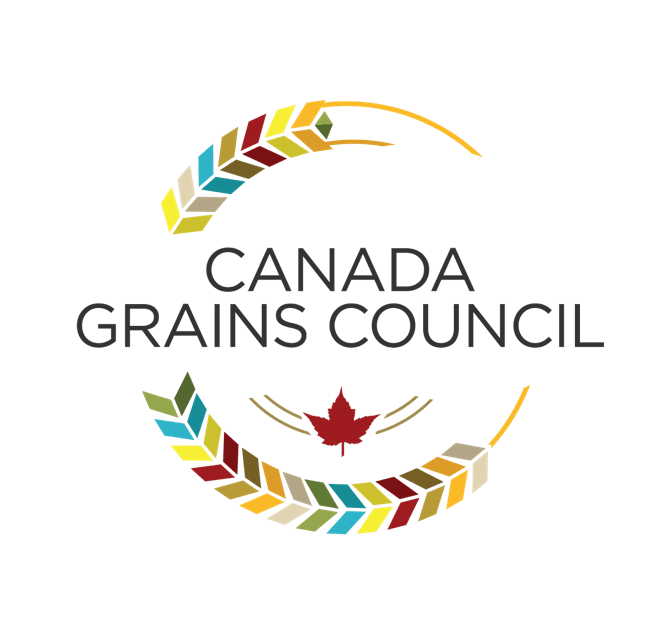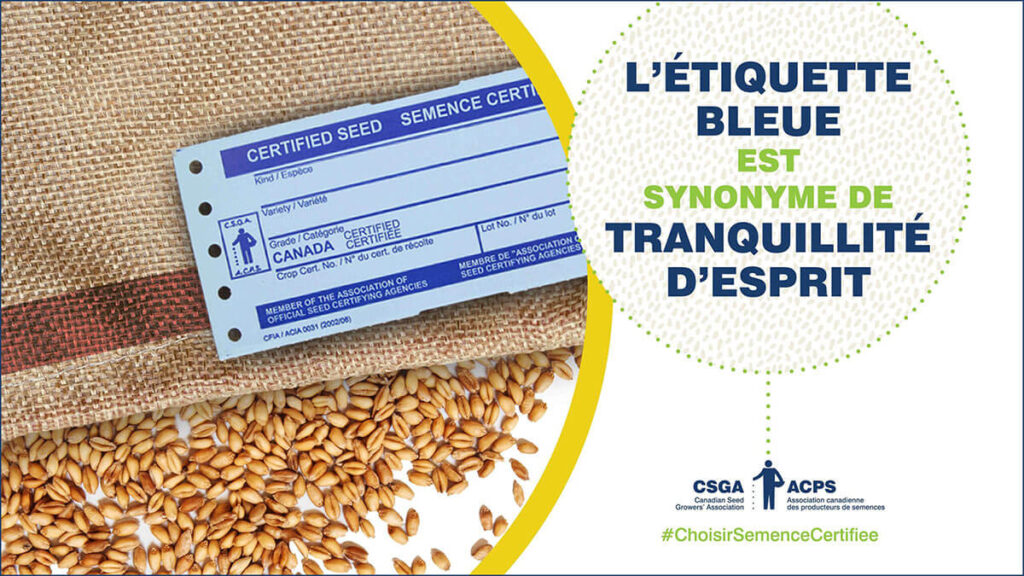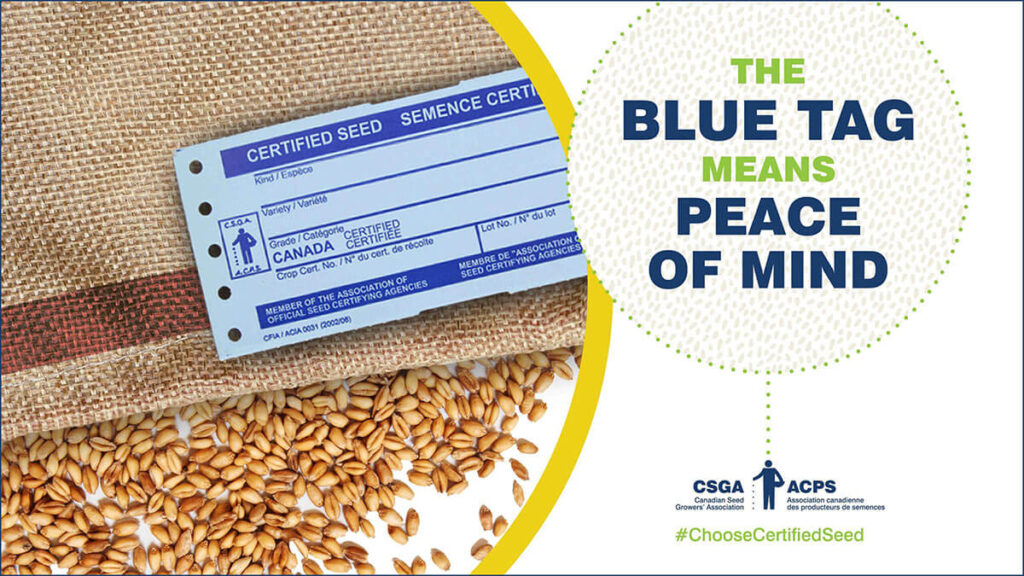Grain Growers of Canada (GGC) Welcomes Canadian Food Inspection Agency’s (CFIA) Finalized Guidance for Gene Edited Plants, Opening Doors to Agricultural Innovation

(OTTAWA, ON – May 3, 2024) – GGC today applauds the release of CFIA’s long awaited final guidance on novel feed, marking the completion of a trio of regulatory updates that enable the introduction of gene-edited crops in Canada. These updates, initiated in 2018, are designed to foster agricultural innovation in plant breeding by addressing today’s farming challenges such as pest and disease management, yield improvements, drought resistance, and the nutritional quality of crops.
“This progress opens doors to innovation in Canadian agriculture, enabling the introduction of gene-edited crops that meet pressing agricultural challenges like drought, pests, and diseases, while enhancing nutritional quality,” said Andre Harpe, Chair of Grain Growers of Canada. “The updated guidance enables us to use the latest innovation in plant technology to produce nutritious and affordable food for Canadians and our international customers.”
The regulatory guidance aligns Canada’s regulations with our trading partners, ensuring Canadian farmers remain competitive globally. It is based on rigorous, science-driven assessments that guarantee the safety and efficacy of gene-edited crops.
“Completing this trio of regulations is a milestone that began five years ago, reflecting our joint commitment with government agencies to promote a regulatory environment that supports innovation while ensuring safety and transparency,” said William van Tassel, 1st Vice Chair of Grain Growers of Canada. “With these updated guidelines, our farmers can access advanced tools to produce crops with better resiliency and higher yields, while meeting the demands of the market today and the future.”
The clarity provided by these regulatory updates is expected to accelerate the development and adoption of new plant varieties, crucial for enhancing the competitiveness of Canadian agriculture.
-30-
About Grain Growers of Canada (GGC):
As the national voice for Canada’s grain farmers, Grain Growers of Canada (GGC) represents over 65,000 producers through our 14 national, provincial and regional grower groups. Our members are trade oriented, sustainable and innovative. As a farmer-driven association for the grains industry, GGC advocates for federal policy that supports the competitiveness and profitability of grain growers across Canada. Learn more at: www.GrainGrowers.ca.
For more information, please contact:
Hana Sabah
Communications Manager
Grain Growers of Canada
514-834-8841 | hana@graingrowers.ca









